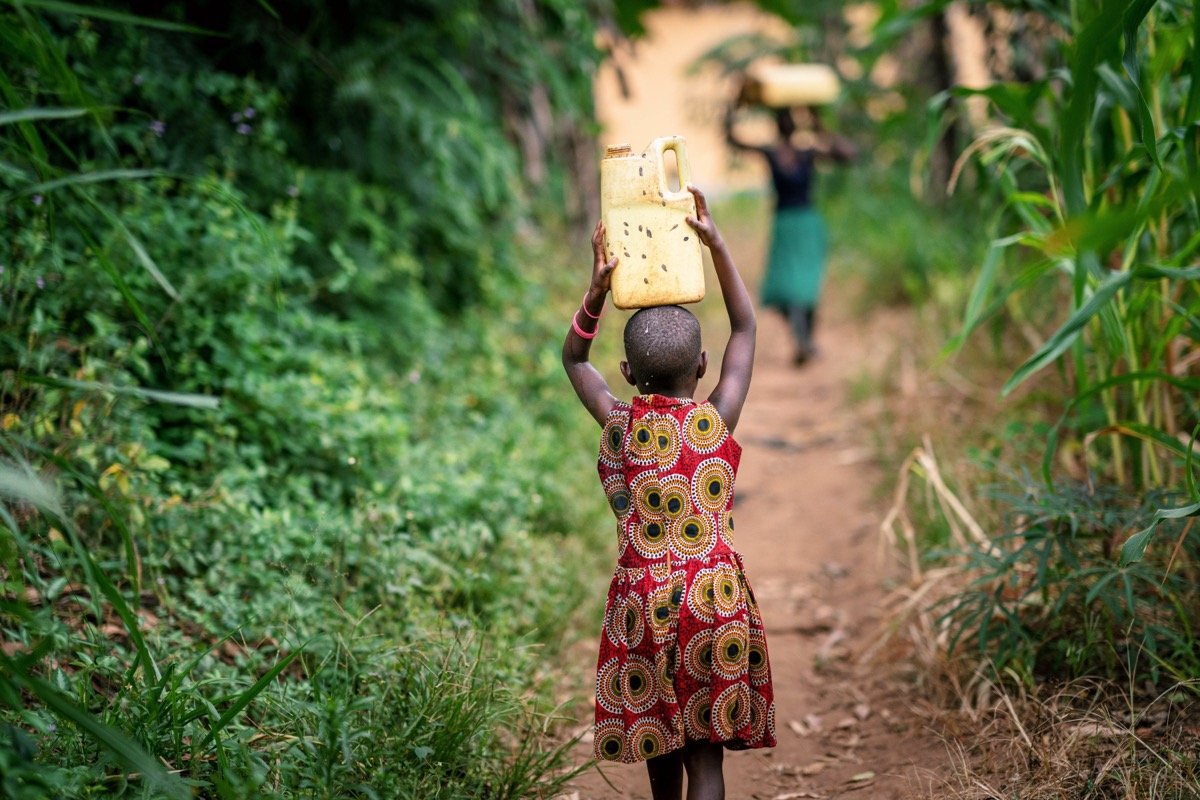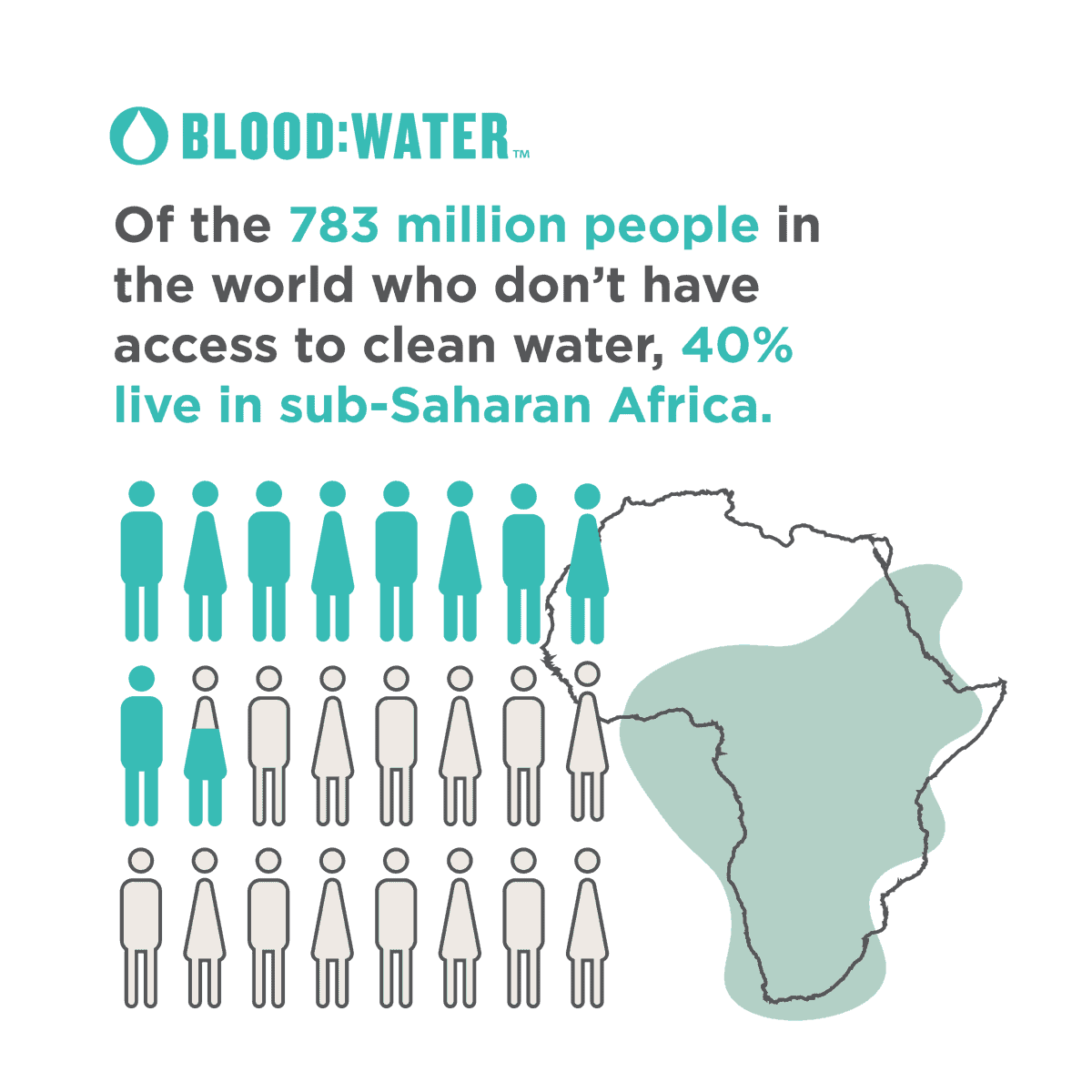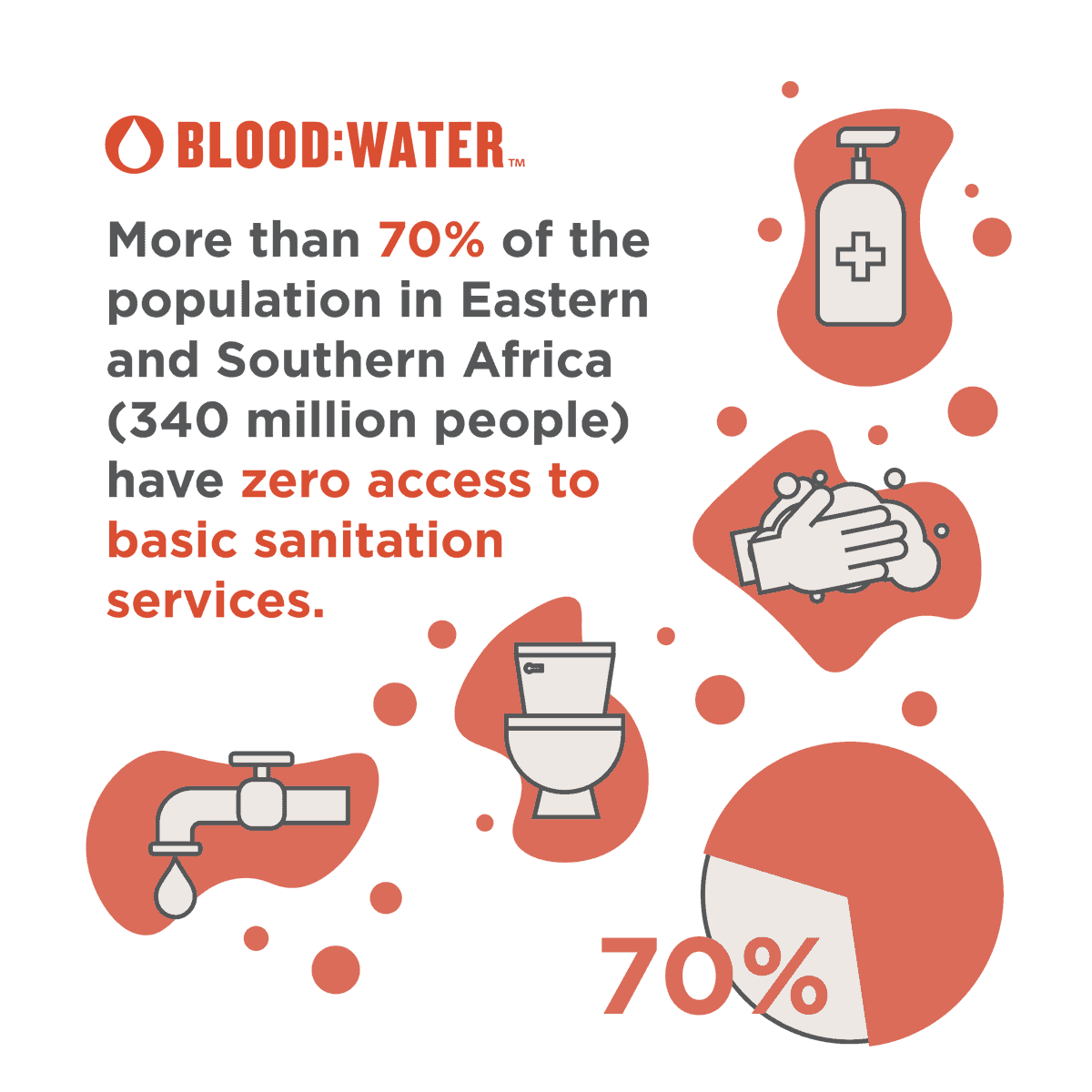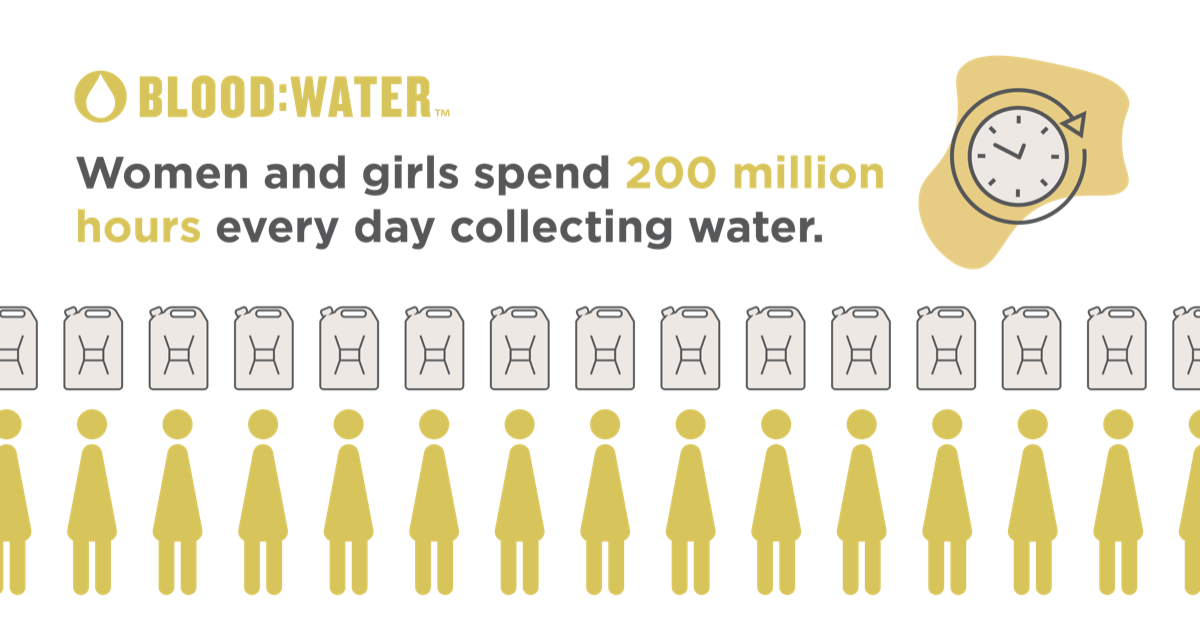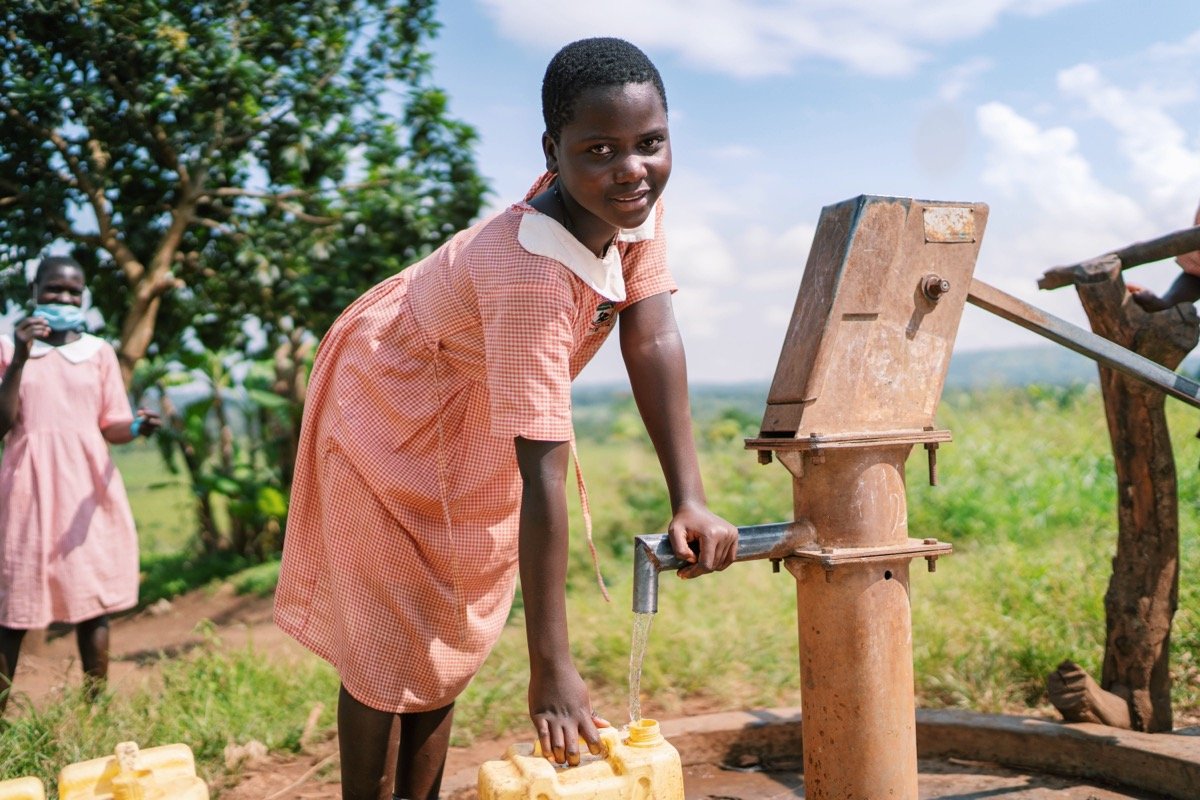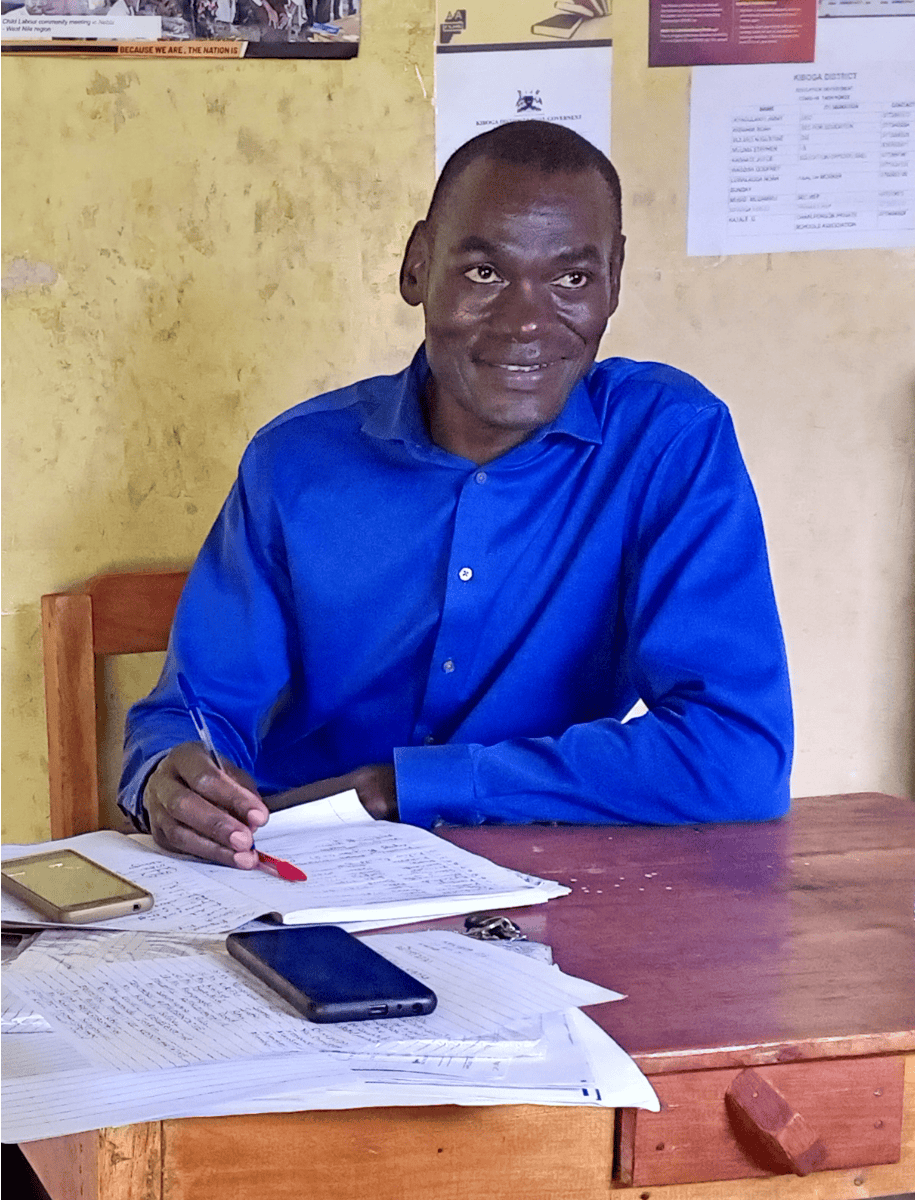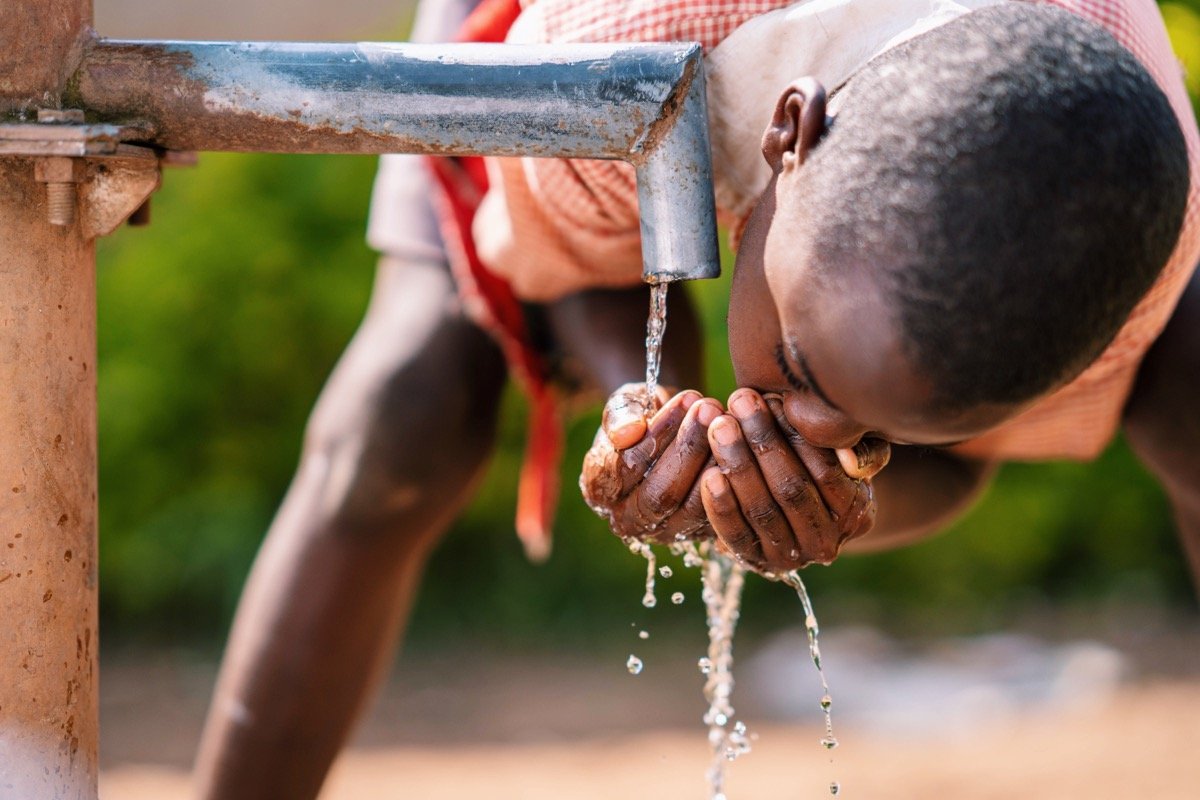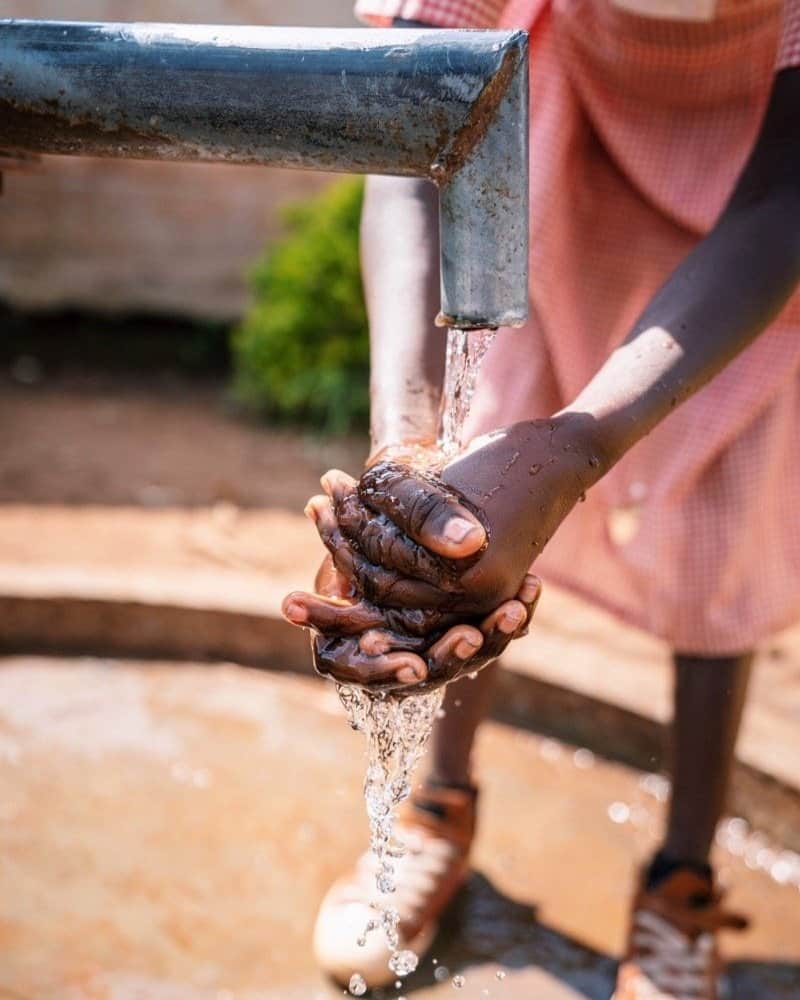World Water Day is observed every year on March 22 as a global day of awareness around the water crisis that affects billions around the world.
The water crisis impacts about 4 out of every 10 people across the globe: 2.1 billion people lack access to safely managed drinking water sources, and 4.5 billion lack safely managed sanitation services.
It’s important to note that access to sanitation facilities and proper hygiene practices are key to solving the water crisis, as research has shown that good sanitation and hygiene actually does more to prevent illness than access to clean water alone.
Why sub-Saharan Africa?
So, if this is a global issue, why do we at Blood:Water focus our efforts on sub-Saharan Africa? Well, from 1990 to 2015, the UN’s Millennium Development Goals (MDGs) sought to decrease the number of individuals without access to these essentials by half, but these goals were not achieved in sub-Saharan Africa.
Nearly 50% of those still affected by the water crisis live in sub-Saharan Africa, with 325 million people still lacking access to clean water and 644 million lacking an improved sanitation facility. The UN states, “Water is our most precious resource – we must use it more responsibly. We must balance all of society’s water needs while ensuring the poorest people don’t get left behind.”
Affected Most: Women and Children
In most countries today, the majority of people spend less than 30 minutes collecting water, but in sub-Saharan Africa, this frequently takes much, much longer. In 8 out of 10 households without indoor plumbing, the burden of retrieving water falls on women and girls, amounting to a combined 200 million hours every day across the world. The head of WASH for UNICEF illustrated the issue:
“Just imagine: 200 million hours is 8.3 million days, or over 22,800 years. It would be as if a woman started with her empty bucket in the Stone Age and didn’t arrive home with water until 2016. Think how much the world has advanced in that time. Think how much women could have achieved in that time.”
Another inequity women and girls experience is a lack of clean, private sanitation facilities in order to manage menstruation and maternity in dignity and safety. Without these facilities, many girls cannot attend school. Furthermore, the reality of open defecation and long travel distances for water create constant threats of sexual violence, abduction, and rape.
The large amounts of time that children have to spend walking for water or recovering from preventable diarrheal diseases keeps them out of school, which severely limits their opportunities for the future. Diarrheal diseases are among the leading causes of death in children under 5 years of age.
These illnesses are the main contributors to malnutrition, which can lead to cognitive impairment that then impacts these children’s lives for years to come. This is why we empower our partners in their WASH projects to create not only safe water access, but also to provide sanitation and hygiene training, which is integral to preventing diarrheal disease.
Make a Difference
The UN writes, “As the global population grows, so does the demand for water”. We are faced with an urgent need to address this crisis and the multitude of ways it impacts millions of people every day. By giving to Blood:Water this World Water Day, you will help our partners continue their life-changing work.
As we approach World Water Day on March 22nd our goal is to raise $75,000 to help our partners continue to address these barriers to education. Thanks to a special matching grant, your gift this month can be MATCHED – dollar for dollar up to $25,000! – enabling our partners to reach TWICE as many people. That’s double the impact.
A $40 gift to Blood:Water can provide clean water for one person for LIFE. How many lives will you change today?
Real Impact
Ronald Kaliro is the headmaster of the only school in a small town in Uganda. He shared recently, “Our village has about 400 households, and they rely entirely on farming as their main source of income.”
Last August, our African partner in Uganda, PaCT, came to Ronald’s village to assess the water, health, hygiene, and sanitation needs. “The initial survey revealed that over 60% of households in our village lacked proper bathrooms, drying racks, and hand-washing facilities,” Ronald said. “We only had one borehole (a type of water well) that is located far away from the school, with the rest of our water sources being unprotected springs and swamps.”
Our partner got to work right away, teaching families about proper sanitation and hygiene, and how to protect themselves from sickness. With the initial steps of education, installing hand-washing stations and improving latrines (toilet facilities), Ronald reports that the village is already seeing reduced outbreaks of sickness!
Though there is much yet to do, Ronald is excited to see his community empowered and participating in their own improvements. He said, “Special thanks goes to Blood:Water, PaCT, the local leaders, Community Health Promoters, religious leaders, head teacher, and school governing bodies, as well as the District authorities for their effort to ensure successful project implementation.” This is the kind of impact that our African partners are creating.
What Will My Donation Do?
When you give to Blood:Water, you are supporting the work of our African partners on the ground, which includes:
-
Providing clean water via wells, household filtration systems, protected springs, and more
-
Hygiene training for communities and schools
-
Providing proper sanitation facilities, like hand-washing stations, adequate toilets, and more
-
Training community members on protecting and maintaining their well or water point, so that they will continue to have access to clean water for years to come
You can change someone’s life forever. Click here to donate!
Want More Information?
Sign up below to receive emails about our work and impact!
FAQS
Q: Are donations to Blood:Water tax deductible?
A: Blood:Water is a 501(c)3 tax-exempt organization and your donation is tax-deductible within the guidelines of U.S. law. To claim a donation as a deduction on your U.S. taxes, please keep your email donation receipt as your official record. We’ll send it to you upon successful completion of your donation.
Q: Will my gift really make a difference?
A: $40 provides clean water for one person for LIFE. $240 provides clean water for an entire family! Just imagine the impact you can have on a person or family in need. Every dollar counts!
Q: How can I learn more about Blood:Water?
A: For a recent overview of our work, please check out our latest Annual Report! We also invite you to peruse the rest of our website to find out more about who we are and how we work.
Q: Why is working with local leaders better for communities?
A: Local experts offer a local context for creating lasting solutions to societal problems. They can look at their communities and the environment, geography, culture, and a plethora of other factors, and make decisions that will inform whether or not the solution being offered will actually benefit the growth and eventual flourishing of the people living there. Investing in local experts is the ONLY way to fuel lasting change in places that we ourselves do not live.
Q: Why is a partnership-focused approach the most impactful?
A: Leaders are people who see the needs of their community and figure out how to meet them, and they are born in every country around the world. They don’t need us to solve their problems; they need us to support their solutions. Who knows better than they do what will make a difference in their village? Change and progress require local buy-in and a sense of ownership throughout the community to be sustainable. This is why supporting African solutions is one of our core beliefs at Blood:Water.
Q: How are your partners selected?
A: All potential partners go through an extensive and rigorous vetting process before funding decisions are made. This helps to ensure an impactful relationship, and carefully stewards Blood:Water’s resources. Blood:Water places high value on partnering with local African leaders who are educated and experienced in their field, with a thorough knowledge of their local context.
